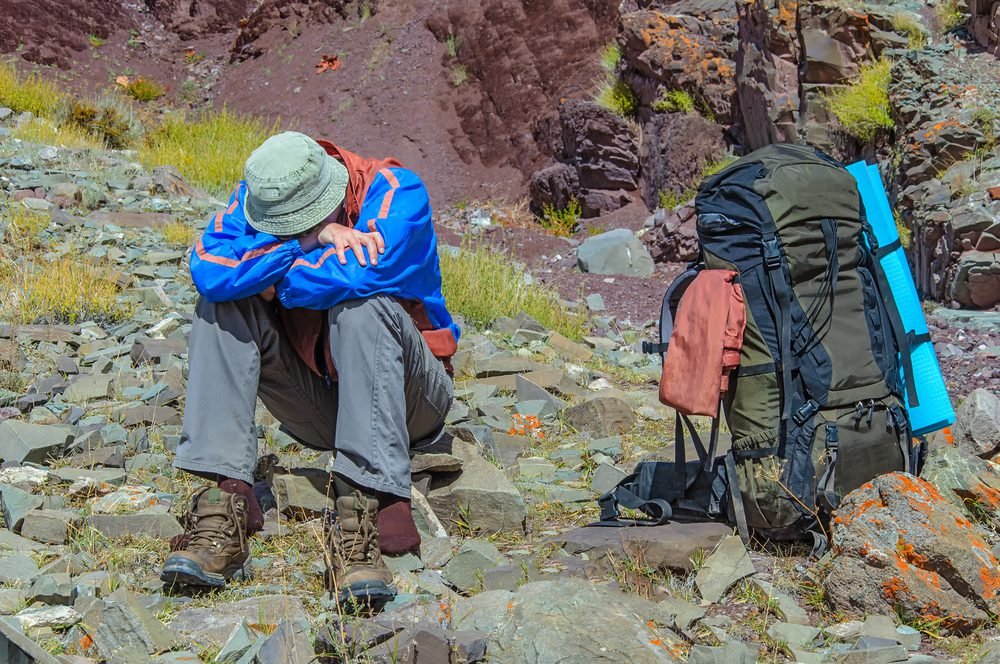What is High Altitude Illness?
Also known as Mountain Sickness, altitude illness can be common for travelers not accustomed to elevations above 8,000 – 10,000 feet. Symptoms include headache, nausea, vomiting, and fatigue. In children too young to speak, they may seem extra fussy and irritable if experiencing altitude sickness.
What Common International Destinations Put Me at Risk for Altitude Sickness?
In South America, travel to Cusco and Machu Picchu in Peru puts you at elevation between 8,000 – 11,000 feet. Meanwhile, landing in La Paz, Bolivia means you’re arriving at the highest capital in the world at nearly 12,000 feet. In Asia mountain trekking is common in Bhutan, India, Nepal, and Pakistan with elevations as high as Mount Everest (29,000 feet!). Summiting Mount Kilimanjaro in Tanzania is on many traveler’s bucket list. At 19,300 feet, Mt. “Kili” is the highest point in Africa.
How Can I Prevent Altitude Illness?
The best prevention is to acclimatize, in other words, become accustomed to high elevation and ascend slowly. Because alcohol may worsen the effects of high elevation it should be avoided. When possible, avoid strenuous exercise for the first 2 days after arriving at high altitude to allow your body time to acclimatize. Keep in mind, mountain sickness can happen to anyone regardless of physical fitness or age.
A prescription medication called acetazolamide can assist in acclimatizing for those who cannot avoid a rapid ascent to higher elevation. For travelers wanting an over-the-counter option, there is research showing Ibuprofen 600 mg taken three times a day can also help with altitude sickness.
Tips for Adventure and Remote Travel Plans
Travel health insurance can be a valuable investment for travelers with remote and/or adventure plans. Many travel insurance plans include evacuation expenses and trip cancellation in addition to medical coverage in case of emergency. Often, traditional health insurance plans do not cover expenses and activities outside of the United States, so check with your health plan to verify coverage. The CDC provides a helpful article to assist in travel health insurance considerations.
Injury, illness, or suffering an animal bite in a remote area can result in significant complications to health. Prevention with early vaccination and medication on hand for common illnesses is prudent. In particular, risk of rabies exposure in a remote area due to dog or other mammal bites requires swift action. Peace of mind with pre-exposure human rabies vaccination for these situations is priceless. Read more about the human rabies vaccine and those at highest risk.
